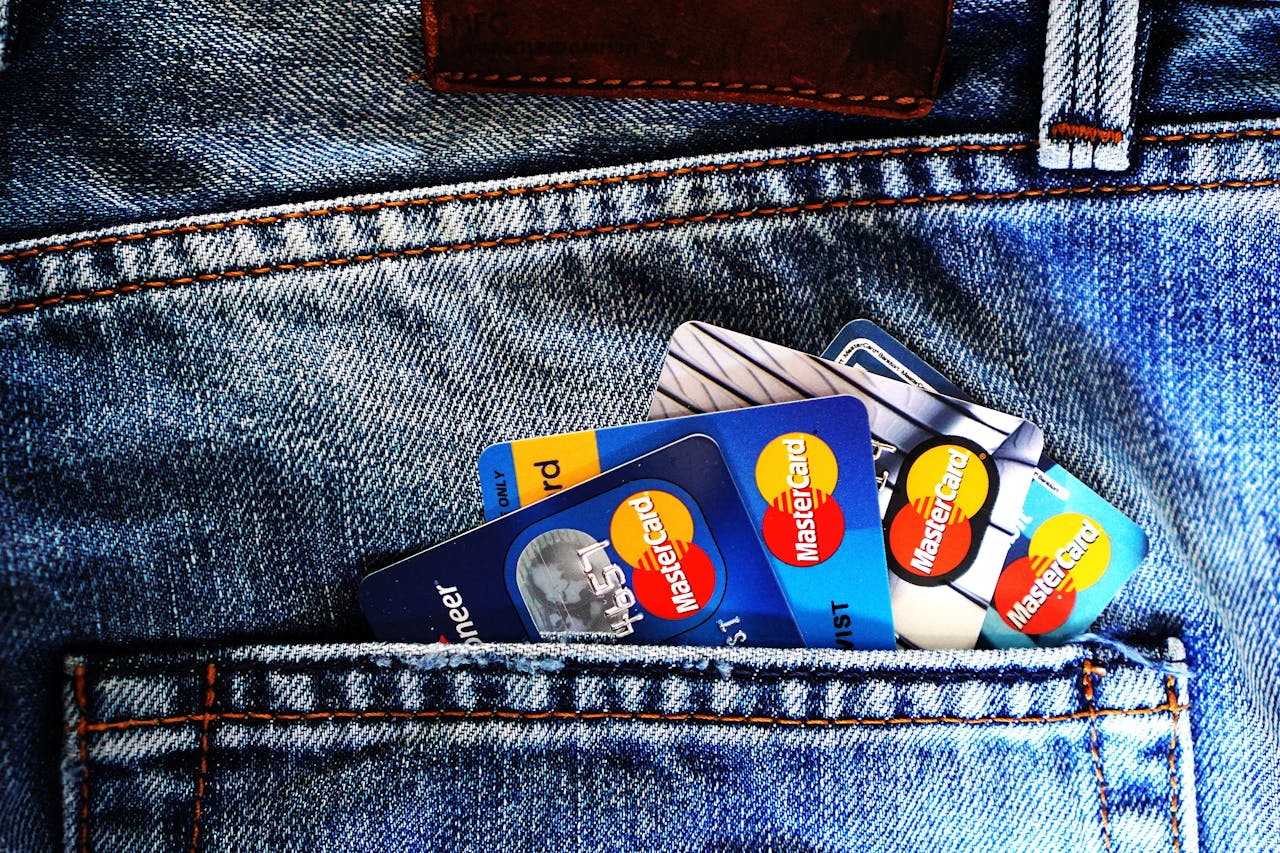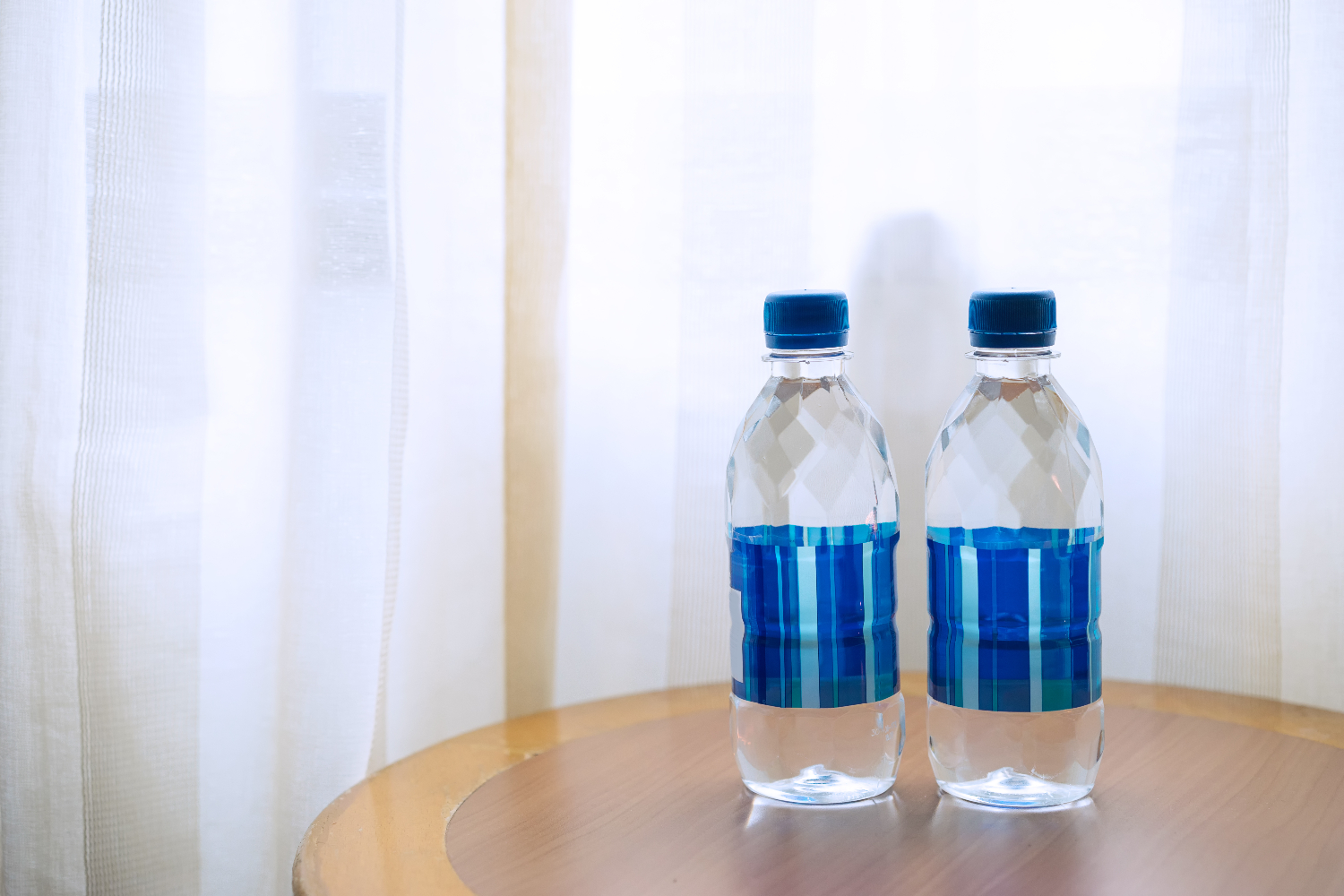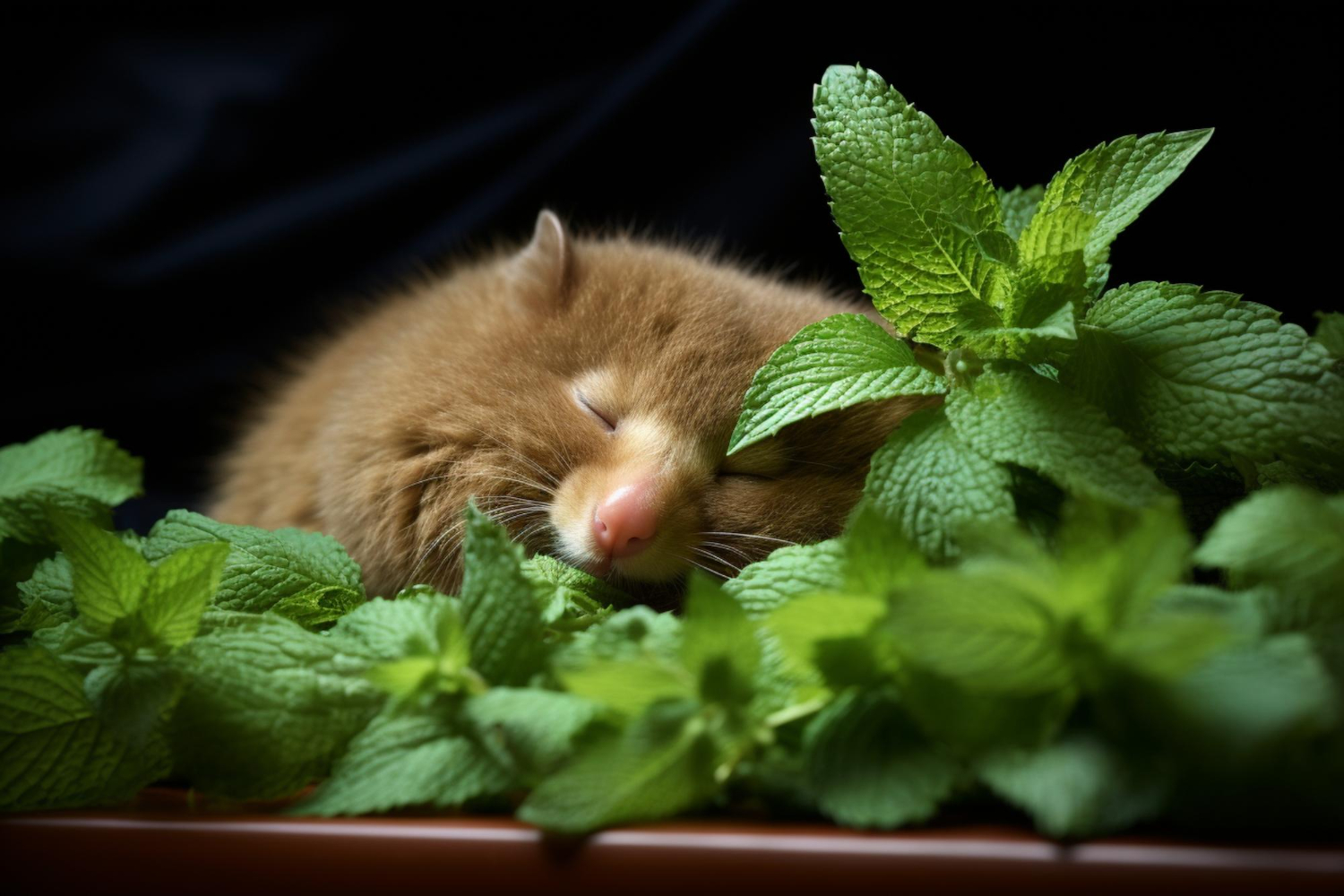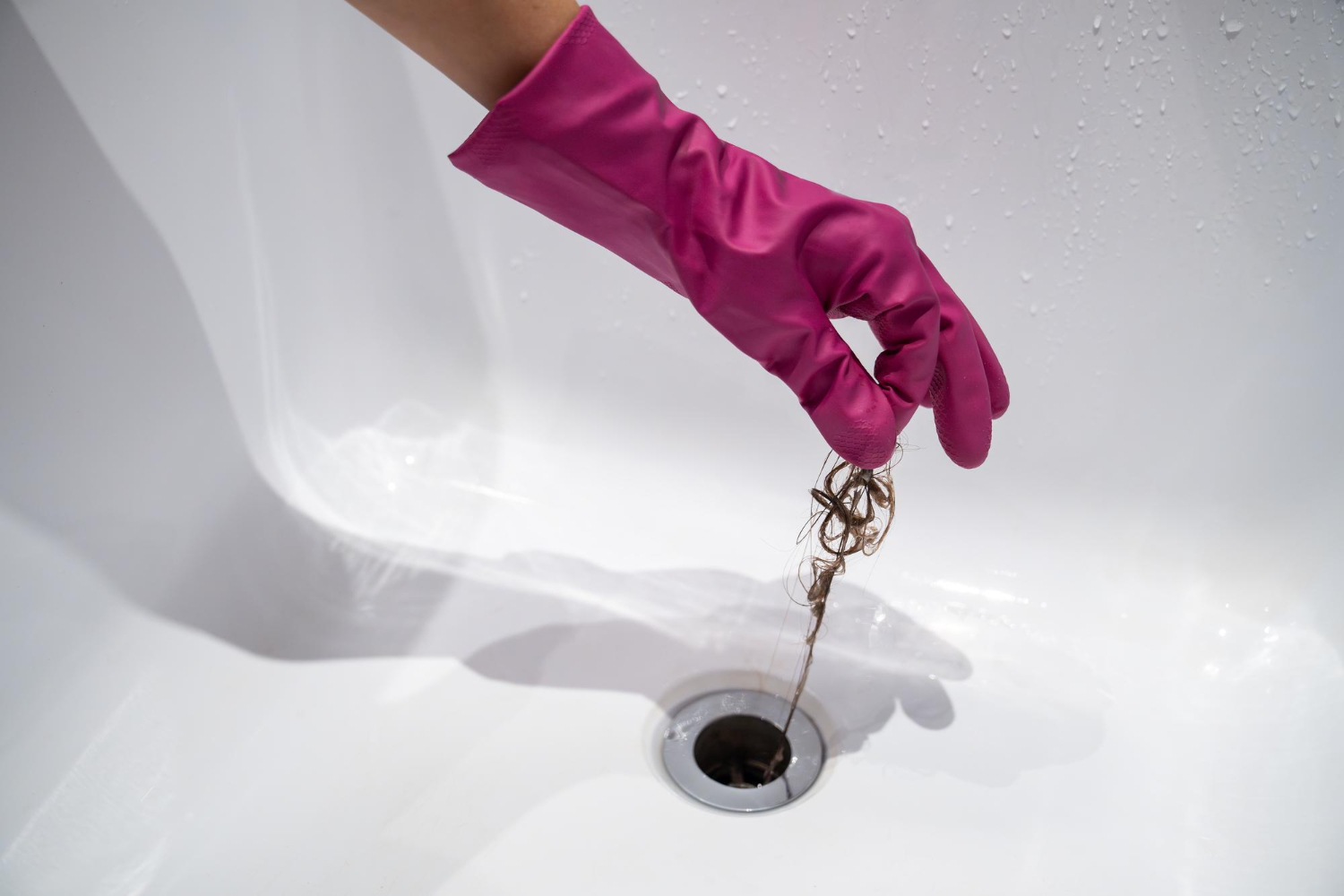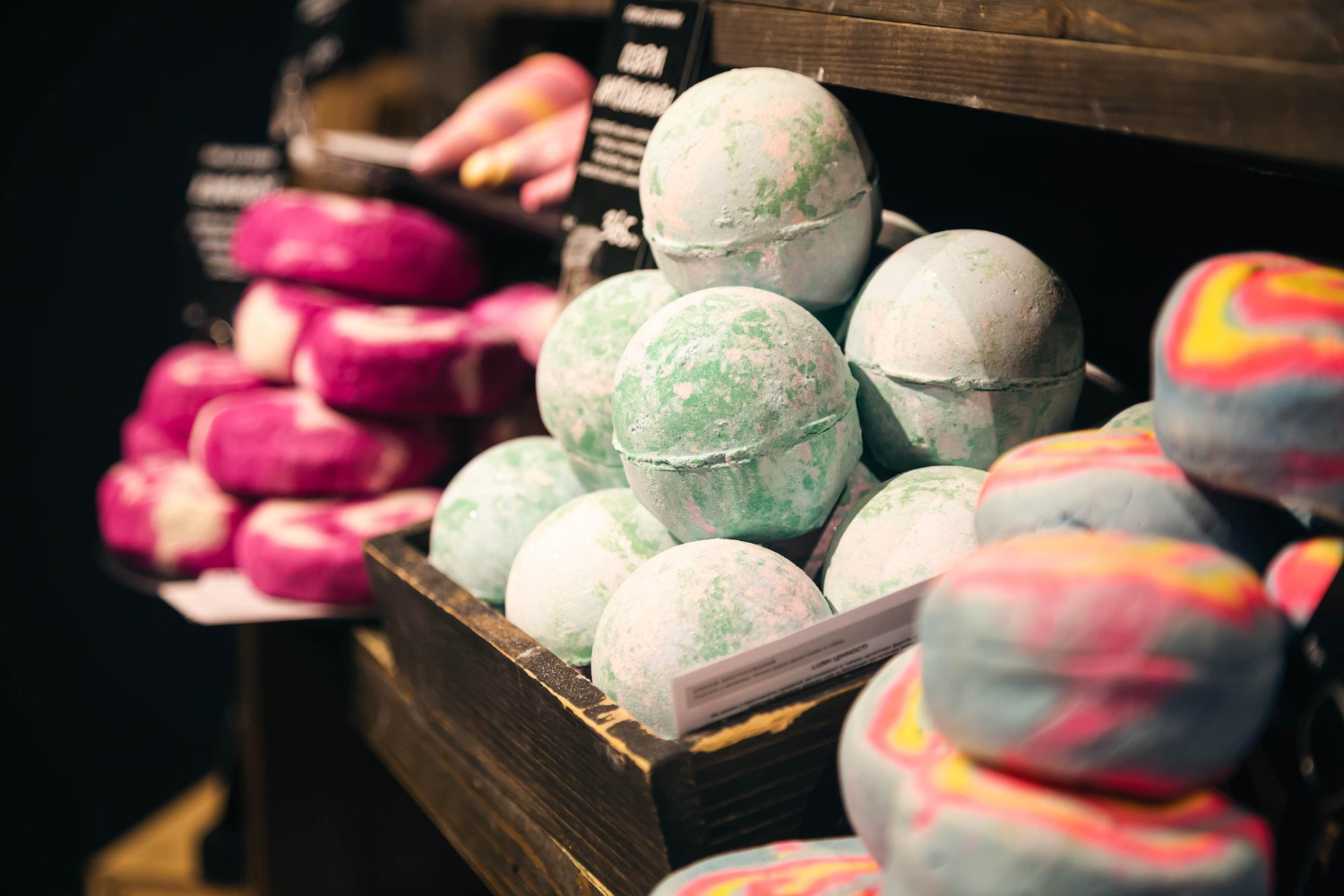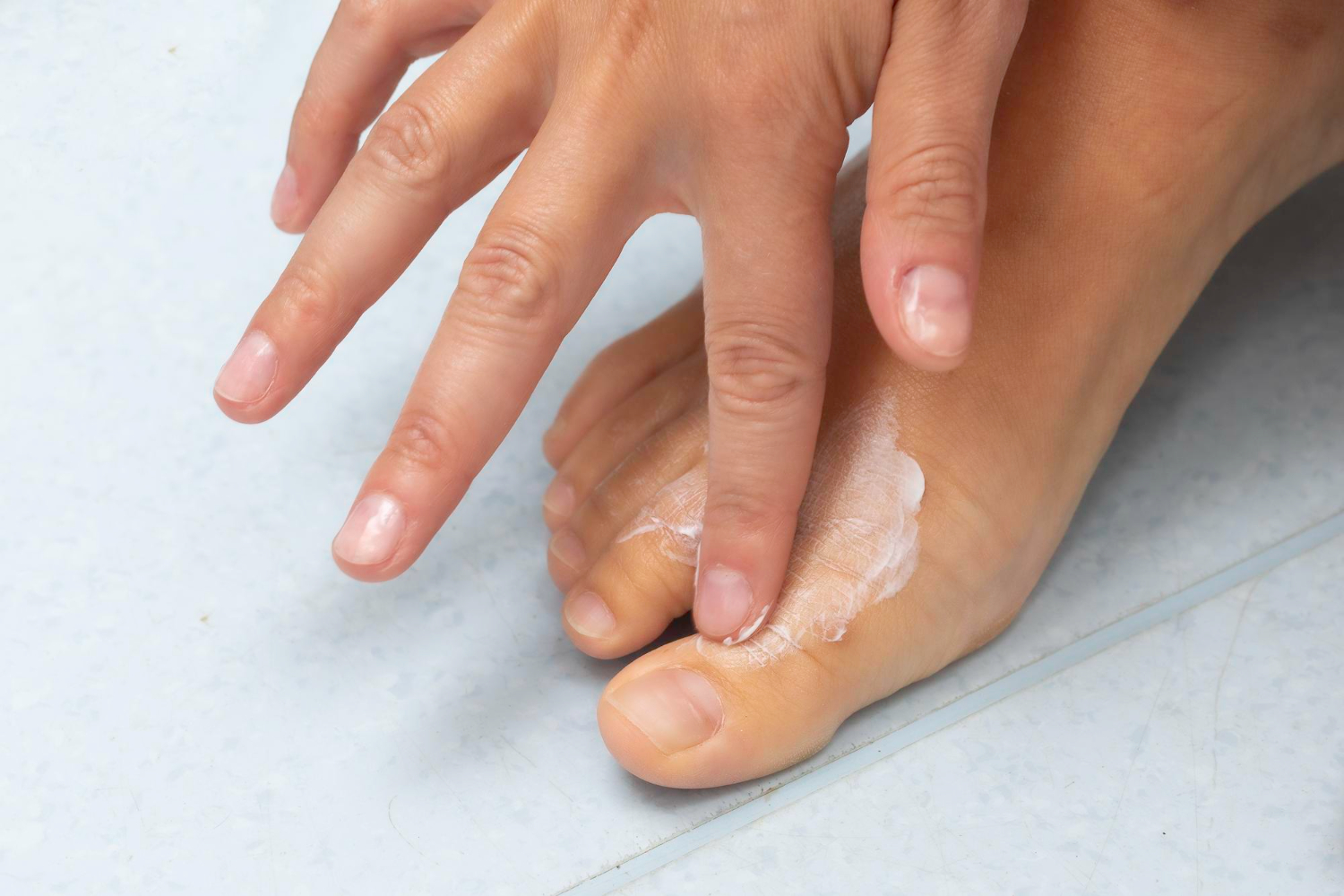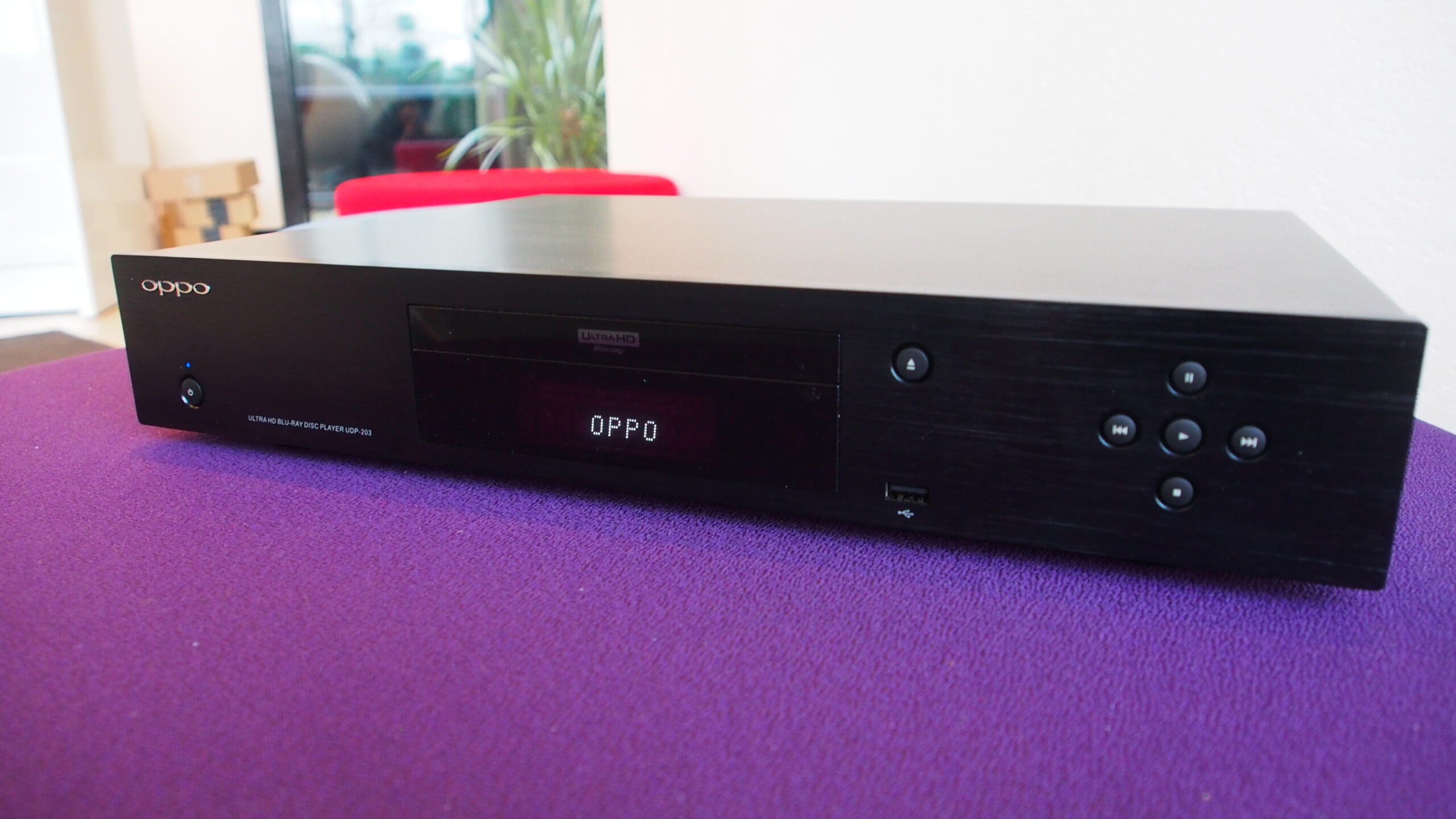When you think of expiration dates, items like milk, bread, or eggs probably come to mind—not distilled water. But noticing an expiration label on a bottle of distilled water might leave you puzzled. Can distilled water actually go bad, and if so, what does that mean? Whether you’re using it for drinking, cleaning appliances, or medical devices like CPAP machines, understanding the shelf life of distilled water is important for your health and safety.
This article answers the question “does distilled water expire,” debunks myths, explains how to properly store it, and identifies the signs distilled water may no longer be safe to use.
What Is Distilled Water?
Distilled water is one of the purest forms of water available, created through a distillation process. Here’s how it works:
- Water is boiled until it turns into steam.
- The steam is captured and cooled back into liquid form.
- Impurities, such as minerals, chemicals, and contaminants, are left behind, producing water that is free of dissolved solids.
How It Differs from Other Types of Water
- Tap Water contains minerals, chlorine, and other additives for taste and sanitation.
- Spring Water is sourced from underground springs and naturally filtered but still retains many minerals.
- Filtered Water passes through systems like carbon filters, removing some impurities but not to the extent of distillation.
Common Uses for Distilled Water
- Drinking Water for people sensitive to trace minerals or chemicals.
- Appliances like irons or humidifiers to prevent mineral buildup.
- Medical Devices such as CPAP machines or sanitizers.
- Laboratories for mixing chemical solutions, where purity is crucial.
Can Distilled Water Expire?
The simple answer is both yes and no.
Distilled water itself doesn’t go bad because it’s purified and, when sealed, is free of harmful bacteria and contaminants. However, under specific conditions, its quality can degrade over time.
Why Does It Have an Expiration Date?
- Regulatory Requirements
Many manufacturers are required to print expiration dates for legal reasons, even when the product, like distilled water, lasts indefinitely if stored properly.
- Packaging Concerns
Over time, plastic containers can degrade, introducing chemicals like BPA or altering the taste of the water. Glass containers, on the other hand, are more stable for long-term use.
Environmental Factors That Affect Quality
- Light Exposure can degrade the water’s purity. Store it away from direct sunlight.
- Heat can cause chemical leaching if the water is in plastic containers.
- Storage Conditions in unclean or non-airtight containers can reintroduce bacteria or other impurities.
Sealed vs. Opened Containers
- Sealed Distilled Water can last indefinitely under ideal conditions.
- Opened Distilled Water, on the other hand, is vulnerable to contaminants like dust, bacteria, and even odors from surrounding materials. Opened water should ideally be used within 7 days, especially for medical or drinking purposes.
Signs That Distilled Water May Have “Gone Bad”
Despite its purity, there are still signs to watch for to ensure your distilled water is safe to use:
- Discoloration: If the water appears cloudy or takes on any hue, contamination is likely.
- Odor or Taste: Pure distilled water has no noticeable taste or smell. If yours smells chemical-like or plastic-like, it’s contaminated.
- Particles: Sediment or floating particles indicate external contaminants are present.
For medical uses or consumption, these changes mean the water should not be used.
Shelf Life of Distilled Water
General Guidelines
- Unopened Distilled Water: Can last indefinitely if stored in a cool, dark place and in its original, sealed packaging.
- Opened Distilled Water: Typically lasts up to 7 days for drinking or medical uses. For appliance use, it may last longer if kept free from contaminants.
Plastic vs. Glass Bottles
- Plastic Containers: May leach chemicals over time, especially if stored in heat. These are better for short-term use.
- Glass Containers: Ideal for long-term storage as they are completely inert and don’t affect water quality.
How to Properly Store Distilled Water
For maximum shelf life, here are some practical tips:
- Keep It Cool: Store distilled water in a cool, dark location, away from sunlight and heat sources.
- Use Glass Containers: If possible, transfer distilled water to glass bottles for long-term storage.
- Ensure Cleanliness: Always use clean, sanitized containers, especially if repackaging for use.
- Seal Tightly: Prevent air and contaminants from entering.
Should You Refrigerate Distilled Water?
Refrigerating distilled water can prolong its freshness after it has been opened. It minimizes bacterial growth and protects it from heat, making it ideal for medical uses like CPAP machines.
What Happens if You Use “Expired” Distilled Water?
Using expired distilled water may have varying consequences depending on how it’s used:
- For Drinking: Expired water might taste off or carry contaminants if improperly stored, but it usually won’t cause serious harm unless bacteria have grown in it.
- For Medical Devices (e.g., CPAP Machines): Using contaminated water can lead to respiratory issues and other health risks. Always err on the side of caution and use fresh, sealed water.
- For Appliances: Older water may lose some purity but can still generally be used as long as it’s free of visible contaminants.
Plastic vs. Glass Containers for Distilled Water
When considering long-term storage or frequent use:
- Plastic: Lightweight and economical but prone to chemical leaching and permeation from external odors over time.
- Glass: More durable and stable, ensuring the water maintains its purity for extended periods. If you need to store distilled water for medical or drinking purposes, glass is the recommended choice.
Benefits of Using Distilled Water
Why do people swear by distilled water? Here are the key benefits:
- Purity: Free of minerals, contaminants, and bacteria.
- Prevents Buildup: Extends the lifespan of appliances like humidifiers and irons.
- Ideal for Sensitive Uses: Safe for medical equipment and people with specific health conditions.
Keep Your Distilled Water Pure and Safe
Distilled water doesn’t technically “expire,” but its quality can degrade under poor storage conditions. For medical, drinking, or appliance uses, always prioritize proper storage and cleanliness to retain its purity.
Have lingering questions or tips to share? Drop a comment below! Share this article with anyone who might find distilled water confusing—because everyone deserves crystal-clear answers.
FAQs
Is It Okay to Use Expired Distilled Water?
Yes, for some applications like cleaning or appliance use, as long as it shows no signs of contamination. For drinking or medical purposes, use fresh water.
Can Bacteria Grow in Distilled Water?
If the container is sealed, bacteria cannot grow. Opened water, however, can be exposed to contaminants, causing bacteria to potentially proliferate.
Is Expired Distilled Water Safe for CPAP Machines?
No. Always use freshly opened, uncontaminated distilled water in medical devices to maintain safety.
Does Bottled Water Last as Long as Distilled Water?
Regular bottled water contains impurities and may not last as long as distilled water for specialized uses like appliances or drinking. Always check the storage conditions.
